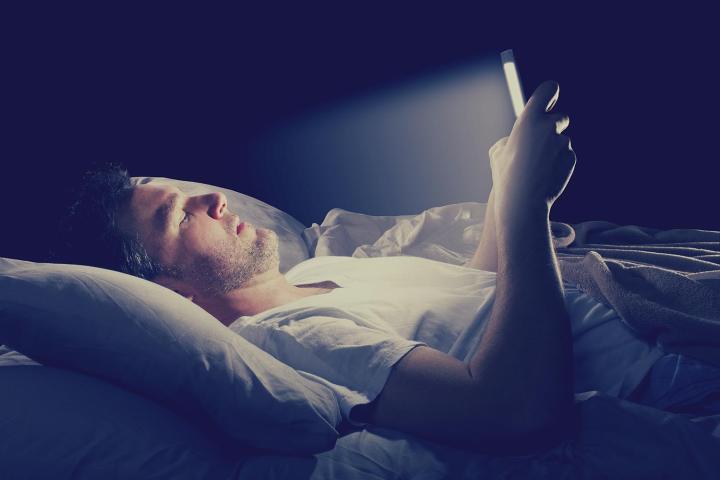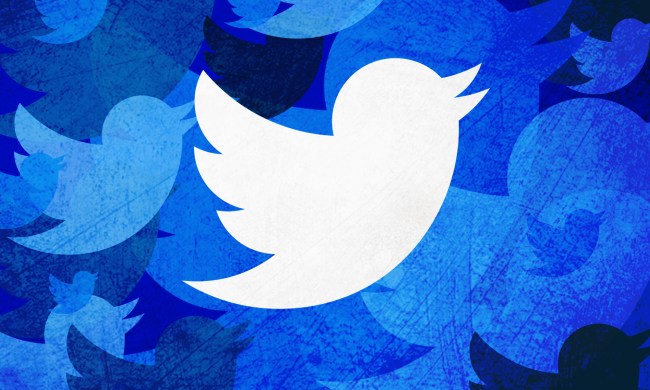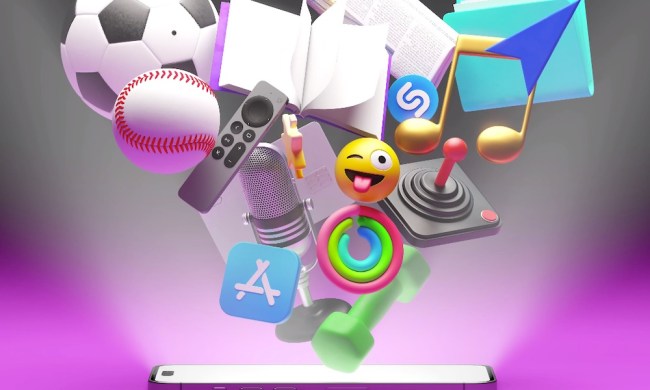
Forget cancer: That devilishly useful smartphone in your pocket is likely to blind you before killing you – at least, if the latest round of breathless hype is to be believed.
Relax. Neither is true, despite what you might read in the headlines.
A new study from the University of Toledo reveals the process by which blue light impacts the photoreceptors in our eyes and leads to age-related macular degeneration, an incurable eye disease that can cause a loss of central vision. The fact that blue light does this is hardly revelatory, the authors state plainly, despite the headlines.
“We are being exposed to blue light continuously, and the eye’s cornea and lens cannot block or reflect it,” wrote Ajith Karunarathne, assistant professor in the UT Department of Chemistry and Biochemistry, in a press release about the study. “It’s no secret that blue light harms our vision by damaging the eye’s retina. Our experiments explain how this happens, and we hope this leads to therapies that slow macular degeneration, such as a new kind of eye drop.”
That’s right, he’s proposing a way to possibly prevent this problem: Alpha tocopherol, a molecule derived from Vitamin E, may prevent the cellular death everyone is fretting about. You wouldn’t know that to read the headlines, however:
“Smartphones speed up blindness,” writes U.S. News and World Report. No, that’s not what the study says (although the U of T’s press release does suggest this by using the word “speed” in their headline. I’m not sure why. “Cause” would have been far more accurate.)
“Your phone is blinding you, scientists warn,” the New York Post wrote in a typically breathless Postian headline. Not quite.
“Blue light from smartphones accelerates blindness,” frets High Snobiety. Again, that’s not the conclusion the scientists drew. It’s not accelerating blindness, it’s the potential cause for one form of macular degeneration that may lead to some loss of vision. (For what it’s worth, Daniel Pearson who wrote the Snobiety article is the “life editor,” who recently wrote about WTF hairstyles at the World Cup and the 13-year-old skateboard prodigy who won the X Games.)
Look, macular degeneration is a fact of life. Our eyes are wonderfully complex devices that aren’t built to last forever, which is why nearly all human beings need eyeglasses and experience some form of eye disease in their lives. Karunarathne’s study details exactly how that eye disease happens, and blue light is part of that. And given that cell phones and other mobile screens do give off blue light (among other colors), is he running off to pick up special polarized sunglasses? Has he tossed out his deadly iPhone before blindness robs him of his vision?
Hardly.
“When we’re in the dark, our pupils are dilated and can take a lot of light …. But when you have some ambient light in the room, that will help your pupils contract a little bit and that will reduce the amount of light entering, which may bring down the light entering below the threshold [for damage],” he told host Larry Mantle and myself during a segment on 89.3 KPCC radio yesterday afternoon.
Read that again. Karunarathne said that the actions of the pupil may be enough to prevent an egregious volume of blue light from reaching your eye, except for at night – when we now have blue light filters that should help you sleep better and may prevent your cell phone from robbing you of your sight. And part two of the press release includes a quote from another one of the study authors, Dr. John Payton, visiting assistant professor in the UT Department of Chemistry and Biochemistry: “Some cell phone companies are adding blue-light filters to the screens, and I think that is a good idea.”
That blue light filter is called Night Shift on your iPhone, Night Light on a Pixel, Comfort View on LG, and so on. Here’s how to turn it on and how to use it.
Still worried? Technology may have offered a way to put blue lights in front of us at the very worst time, and a solution to that problem in filters, but it also offers options that go even further. Consider Republic Wireless’s Relay, essentially a cell phone replacement for children that has no screen at all. Think of it as the anti-cell phone. And Light makes a phone that demand you use it as little as possible.
So don’t worry so much about light cooking your eyes — and spend your time cooking with light instead.


